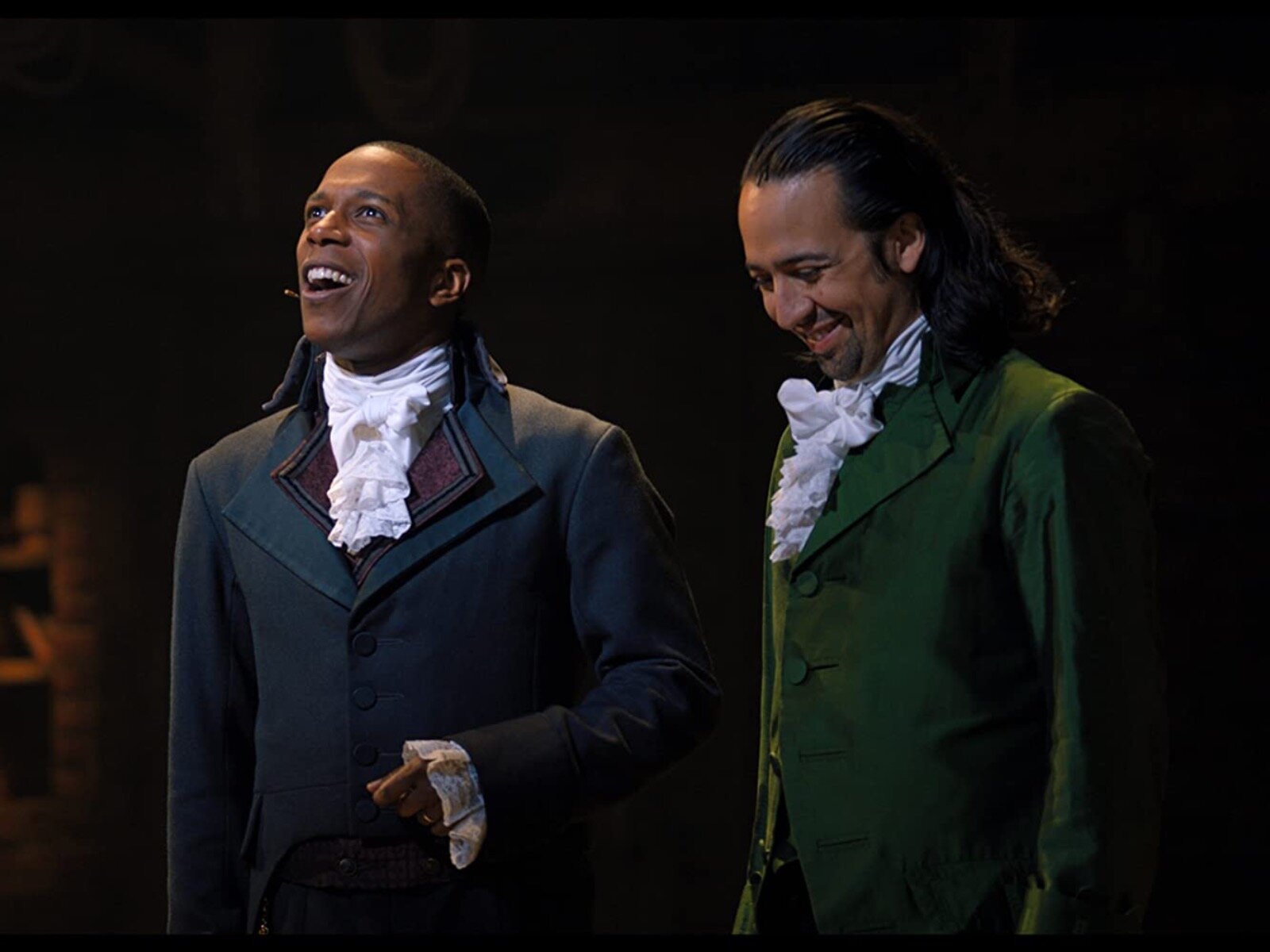"The Impossible," directed by J.A. Bayona ("The Orphanage"), is an exceptionally well-made movie. The performances by all of its leads are terrific – certainly meriting Oscar talk – the story is harrowing but also uplifting and Bayona's visual style is beautifully rich without losing the grit and brutality of the tragedy. I could almost see "The Impossible" as one of the best movies of the past year.
I almost could, but I can't. Bayona's sophomore effort is undoubtedly a good well-crafted film, but there's an element to the movie that sticks in the back of the mind like a popcorn kernel wedged in between your teeth that you can't stop picking at and tonguing. And while I can't ignore the movie's top-notch craftsmanship, I also can't ignore the absolute whitewashing of a horrible tragedy that pushes the real victims of the 2004 tsunami out of the way. Swallowing the inspiration, despite how effective it may be, comes with a concerning aftertaste.
The true story that comprises "The Impossible" is admittedly powerful. An everyday British married couple (Ewan McGregor and Naomi Watts) brings their three young boys to a beautiful resort in Thailand for Christmas. Then, the day after Christmas, the tsunami hits the resort, separating the family and leaving a ravaged wasteland in its wake.
Maria, the mother, gets washed away with her oldest son Lucas (Tom Holland, making a very impressive debut). Together, the two trek to safety through the swampy devastation, though the brutal cuts and wounds Maria sustained during the initial wave make the journey extraordinarily painful and risky.
Meanwhile, the father Henry wakes up at the decimated resort with the family's two youngest sons (Samuel Joslin and Oaklee Pendergast). Refusing to give up hope on Maria and Lucas, Henry travels across the country, hitting ever hospital and rescue shelter on the way in the hopes of finding the rest of his family.
It's no spoiler to say that the family survives and comes together by the end of the film; the trailer and poster actually promote that fact – probably to convince audience members they're not walking into a depression fest. The material could've edged close to weepy heartstring pulling – especially near the end when characters walking around a hospital, just missing one another – but Bayona and screenwriter Sergio G. Sanchez make the family's story feel earnestly uplifting.
Everyone behind "The Impossible" seems to have a strong sense for the real emotions of the tragedy. When the tsunami strikes, it's one of the most horrifying and chilling sequences of the year. Bayona's camera perfectly captures the chaos and brutal force of the moment, with characters flying through the rushing water like ragdolls, plowing into whatever objects may be in their path with no hope of bracing for impact.
It's intense without ever letting it become just another Hollywood CGI action scene. As the film goes on, Bayona's technique only becomes more impressive, mixing the raw with the beautiful while never sacrificing the emotions.
The production, filmed in Spain and Thailand, looks remarkably authentic too, with the destruction going for miles. You never doubt the film, and, thanks to the performances, you never doubt the characters in focus. Watts and McGregor might be a bit shaky in the beginning, but after the tsunami strikes and they get to the meat of the roles, they're gut-wrenchingly strong.
Watts is particularly captivating in a bruised and tattered performance. When she limps through the Thai wasteland, leaving a swirling trail of blood in the swampy brown water, the audience never doubts Watts' pain and wounds for a second.
As her struggling son, Holland is a small revelation as well. He holds the screen impressively as he is forcefully transformed from a scared young boy to a courageous caretaker of others. It's thanks to performances like his, and the rest of the cast, that the tears and emotional triumphs feel genuine.
But while everything in "The Impossible" feels real and authentic, it's everything it leaves out – the actual Thai people whose homes and families weren't as lucky – that makes the whole project feel dishonest. By placing the focus on this one family's story, however incredible it may be, Bayona and company turn the Southeast Asian people into side characters in their own tragedy.
McGregor only runs into other Europeans looking for their families. Locals are only seen when they're helping white Europeans. This, combined with the fact that the real life family was Spanish, gives the distressing taste of a tale that was whitewashed for easier mass consumption.
Some might not be as jilted by the tactics of "The Impossible," and I wouldn't fault them for a second. It's a beautifully told, well-acted tribute to survival and a moving story of horror turning into inspiration.
I'd recommend "The Impossible" to anybody, but in the same breath, I'd remind them that more than 230,000 people died and even more were affected by the 2004 tsunami, and they weren't all white vacationers.
As much as it is a gigantic cliché to say that one has always had a passion for film, Matt Mueller has always had a passion for film. Whether it was bringing in the latest movie reviews for his first grade show-and-tell or writing film reviews for the St. Norbert College Times as a high school student, Matt is way too obsessed with movies for his own good.
When he's not writing about the latest blockbuster or talking much too glowingly about "Piranha 3D," Matt can probably be found watching literally any sport (minus cricket) or working at - get this - a local movie theater. Or watching a movie. Yeah, he's probably watching a movie.







